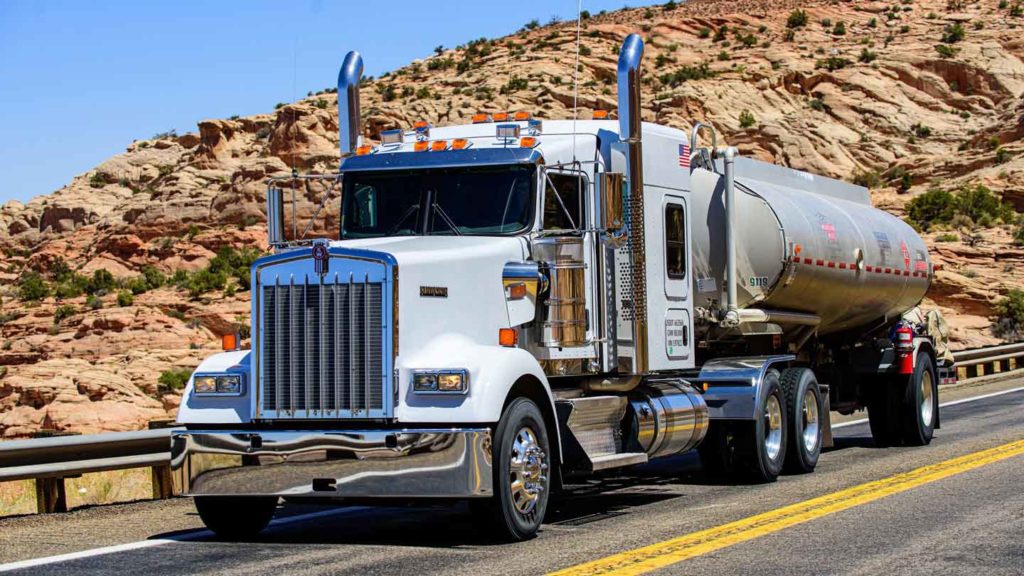One of the unsung heroes of transportation operations is the trucking permit. These insignificant papers have the potential to improve transportation effectiveness dramatically. This article sets out on a quest to reveal the many advantages of different licenses.
Trucking licenses are catalysts for improved logistics, compliance, resource efficiency, and safety that go well beyond their paper origins. Permits are becoming more important tools for today’s trucking companies, allowing them to streamline their routes and respond to difficulties as they arise in real-time.
Learn with us as we peel back the layers of this efficiency-boosting phenomenon and explore how trucking licenses reshape the competitive landscape of the transportation industry. So, continue reading before you look for NE DOT permits.
Streamlined Logistics and Route Optimization
The complex mechanics of transportation call for more than simply the ability to drive. The brightest stars in this complex sky are the licenses required to operate a truck.
These licenses function as dynamic route optimizers that consider factors such as road conditions, expected traffic congestion, delivery deadline urgency, and the lowest possible travel distance. Can you imagine a vehicle carrying time-sensitive materials being deftly redirected to avoid a clogged highway?
This optimization not only saves money but also increases productivity. With the strategic insights provided by these licenses, trucking businesses can guarantee on-time deliveries while minimizing their environmental impact.
Regulatory Adherence and Time Savings
Like any other, the trucking sector is governed by rules and regulations meant to keep things safe and organized. Permits to operate trucks serve as a legal compass, guiding businesses in the proper direction.
From maximum weights to distance limitations, they detail everything that must be followed by law on every trip. By following these guidelines, trucking companies may avoid the hassle and expense of non-compliance.
Think about how your trip would go if you had all the necessary licenses and how it would change if you encountered legal issues. The time you save by avoiding these problems will pay dividends in more prompt deliveries and a more trustworthy reputation.
Resource Management and Cost Efficiency
Every gallon of gas and mile traveled affects a trucking company’s bottom line. This is where the financial stability required for trucking licenses is revealed. Permits are sometimes considered unnecessary paperwork, but they play a crucial role in planning how work is divided up.
Permits reduce fuel consumption and vehicle wear and tear by limiting the weight of a given vehicle. By managing resources effectively, businesses may save costs, from gasoline to fleet maintenance. Permits play the role of financial architects in the trucking industry, planning routes that get trucks where they need to go and provide the most profit.
Real-time Decision-making and Adaptability
In the ever-changing world of transportation, flexibility is essential. Unexpected obstacles like road closures, weather changes, and accidents may derail even the most well-planned trips.
Here is where trucking permits come into their own as useful partners in real-time decision-making. With the most recent updates, truck drivers and fleet managers may quickly adjust their routes to avoid traffic or other problems. Think how much time and money might be saved if trucks were automatically redirected around traffic jams.
Enhanced Safety and Reputation
Safety in trucking is not just the right thing to do but also a legal requirement. Trucking licenses, such as NE DOT permits, are like unarmed sentries, keeping everyone safe.
This information allows trucking businesses to avoid hazardous areas and protect their drivers and goods. In addition, having a spotless safety record will earn you respect as a dependable professional.
Conclusion
Trucking licenses are the unsung heroes of efficiency in a world where every second, minute, and mile counts. Behind their static appearance of paper and ink is a dynamic force that reconfigures pathways, streamlines assets, guarantees regulations are met and improves security.
The relevance of these licenses becomes crystal evident as we traverse the features of simplified logistics, real-time adaptation, and improved reputation.
They are more than just papers; they are the cogs that turn the wheel of today’s transportation industry. The trucker permit is a symbol of efficiency in motion, so keep that in mind the next time you see a truck on the road.

